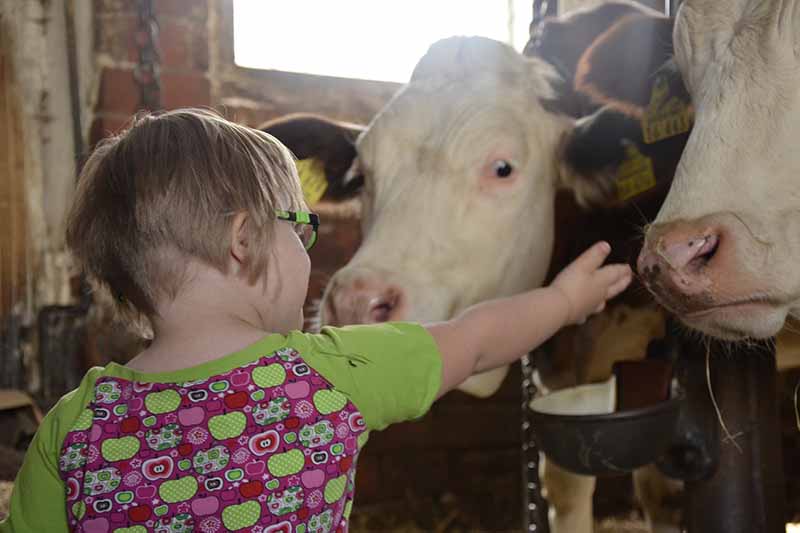Everyone has the right to make choices about their life, care and plans for thier future. There are a few formal ways of making your wishes known in advance to ensure your rights are protected should you become unwell.
Enduring Power of Attorney
You may choose to appoint an enduring power of attorney to appoint someone to make financial and/or personal decisions on your behalf.
You can complete an enduring power of attorney form yourself. However, you might wish to first talk to your solicitor or the Public Trustee of Queensland. You cannot complete a valid document if someone is already making decisions for you.
To print and complete an enduring power of attorney see below:
- short form if you wish to appoint the same attorney/s for both financial matters and personal matters (including health care) – Click here for short form EPOA
- long form if you wish to appoint different attorneys for personal matters (including health care) and financial matters. Click here for the long form EPOA
Advance Health Directive
An advanced health directive is a formal way to give instructions about your future health care. It comes into effect only when you become unable to make your own decisions.
An Advance Health Directive includes:
- An outline of what medical treatment you want – it may be a general outline (e.g. that you wish to receive all available treatment) or you may make it more specific (e.g. you may wish to refuse certain treatments)
- Appointment of an attorney for health and personal matters
- Any relevant information – health conditions, allergies, religious, spiritual or cultural beliefs that may affect your care
To make your Advance Health Directive:
- Print and complete the advance health directive form or buy one from a newsagency
- A doctor will need to complete part of the AHD form, so you can ask them to explain your options and any unfamiliar terms. The doctor may charge a consultation fee for completing an AHD.
- You’ll also need a witness who is a justice of the peace or commissioner for declarations, lawyer or notary public.
Your witness cannot be:
- your attorney for personal matters
- your relative or a relative of your attorney
- a current health provider
- a current paid carer (which does not include a person on a carer’s pension)
- a beneficiary of your will.
Advance Health Directive for Mental Health
You can now complete Advance Health Directives related to your mental health care in Qld. For more information see the Mental Health – Rights section of this guide.
National Organ Donor Register
You need to register as a donor through the National Organ Donor Register. It is important to tell your family about your decisions. You can cancel or change your decision at any time.
Phone: 1800 777 203
Website: https://donatelife.gov.au/register-donor-today
Wills
A will is a legal document that says what you would like to happen with your money, belongings and other assets (your estate) when you pass away. Having a valid will is the only reliable way to ensure that your estate goes to family or friends of your choice.
To make a valid will, you must be at least 18 years old, and of sound mind, memory and understanding.
To be valid, your will must be:
- in writing
- signed by you in front of 2 witnesses, both of whom must be over 18 years old, cannot be visually impaired and should not be included as beneficiaries in the will.
You can have a will made in the following ways:
- Contact a private solicitor to arrange an appointment to make a will
- Obtain a ‘Will Kit’ from a Post Office and complete the document
- Contact the Public Trustee, Phone: 1300 360 044 Website: www.pt.qld.gov.au Click here to download a brochure
Helpful Resources for Future Planning
The Australian Centre for Health Law Research have consolidated Australia’s information around end of life choices. They provide information on a range of topics including Palliative Care, Organ Donation.
Website: www.end-of-life.qut.edu.au
Centrelink Help
The Department of Social Service has produced two booklets to help families plan for the future care of family members with high support needs and how they can use Special Disability Trusts to look after them financially. To download the Planning for the Future: People with disability and Special Disability Trusts: Getting things sorted booklets.
Website: www.dss.gov.au
Phone: 1300 653 227
Planning for the Future: People with disability
Special Disability Trusts: Getting Things Sorted





